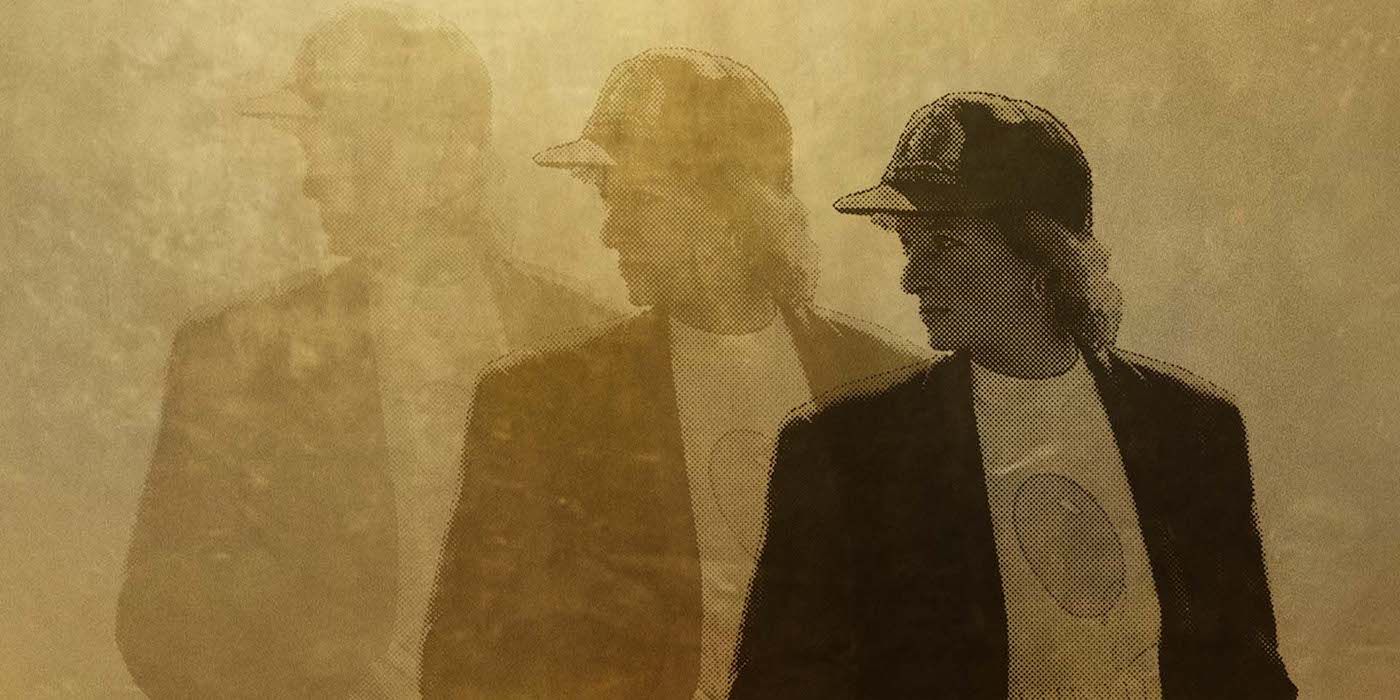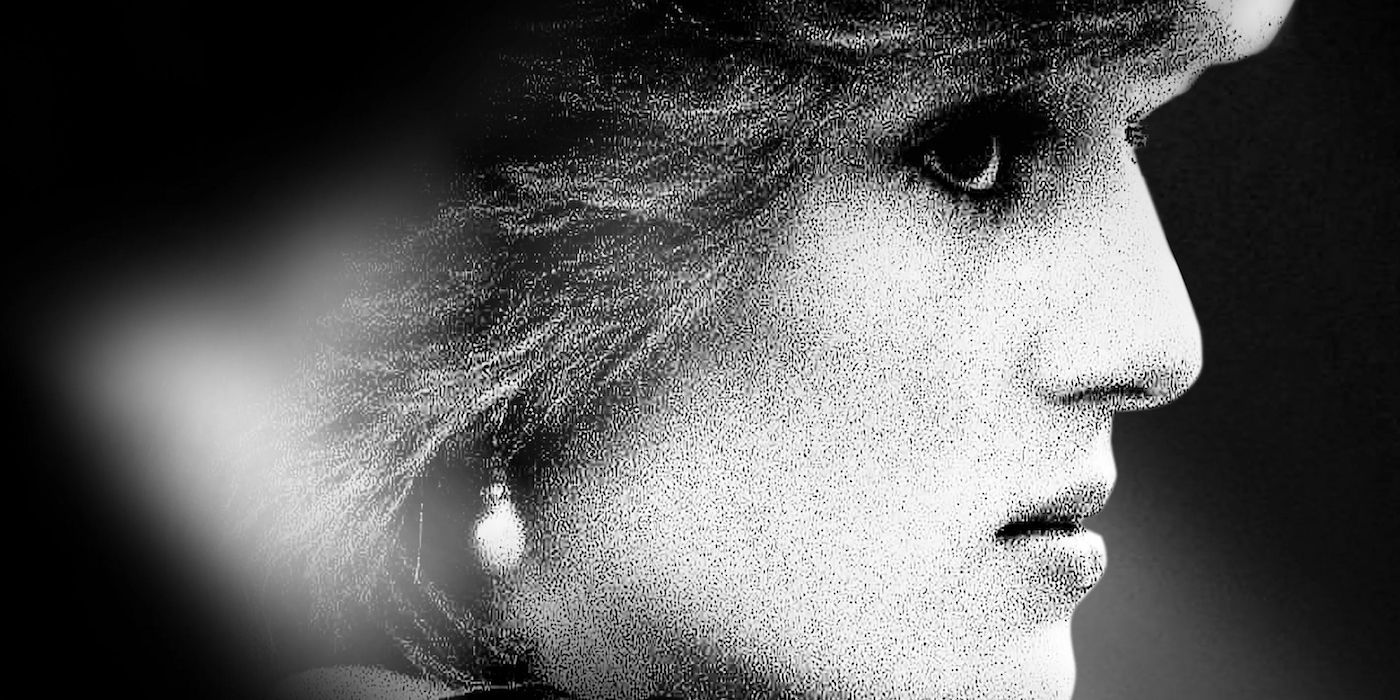The Princess is not the first film to be made about Princess Diana Spencer, nor is it likely to be the last. Before and after her tragic death, she has been the focus of a long list of biopics that have all largely been forgotten. Just last year, there was the evocative Pablo Larraín film Spencer, which emerged as one of the more compassionate yet no less painful portraits of her life to date. One almost wishes it could have ended there and that the memory of the woman could be left to rest for at least a little while. Alas, there always seems to be a perpetual hunger for more and more about her short time on this Earth even as she has less and less to give. With every new revisiting of her life, one wonders what is actually left to explore.
That is where director Ed Perkins places us in The Princess, a documentary built around archival footage of almost every significant moment in Diana’s life. It is observational to a fault, proving itself to be less of a portrait of the woman herself than the iconic status she once held. The fact that the title of the documentary itself doesn’t actually refer to her by name ends up being rather revealing. We see her nearly entirely through the eyes of the frequently vulturous public and media who consumed everything they could of her, reducing her to an object of constant speculation as opposed to a person entitled to her privacy. It all is less a work of vibrant documentary filmmaking and more one of cold synthesization. It consists entirely of interviews, press conferences, paparazzi videos, as well as wedding, divorce, and funeral coverage. If you could take all the tapes of every moment of footage out there from Diana’s life and put it into a blender, this is the middling mush it would spit out.
There are some elements that approach being more cutting in their construction by putting key points in time in conversation with each other. Indeed, the many sequences where we hear people say horrible things about Diana are clearly being put under a critical lens even without any other perspectives to chime in. It plays out like the very beginning stages of a qualitative analysis of the political, social, and cultural world that she moved through. Unfortunately, this all ends up resembling more of an assembly cut than a completed work. It is as though you were editing the first draft of a video essay and forgot to complete the job. The entire experience may seem comprehensive in the sense that there is a lot of footage being shown and details put on display. However, this remains substantively superficial in how little we glean from it all that hasn’t already been well-established. It plays out like a summary without any greater reflections or revelations. Rather than being an illuminating historical document that provides a deeper dive into the moment in time, it feels like the type of film you would watch to cram for an exam at the last minute to get all the broad strokes of the era.
Even then, the documentary is not all that informative about the lasting impact of Diana's life. It is bounded by the lack of voices or perspectives beyond those who were there in the moment. A lack of additional interviews itself is not necessarily a bad thing as there isn’t always a need to have talking heads chime in to tell us what is going on. Any work from acclaimed documentary filmmaker Frederick Wiseman is proof that an observational work can speak volumes even without anyone popping in to say a word. Even just looking at his most recent project, 2020’s expansive City Hall, you can see him slowly crafting a film that feels fresh in how it looks closely at the intricacies of its topic in a new way. Of course, Princess Diana has been under the microscope all her life, whereas Wiseman turns his lens on subjects that aren’t nearly as explored and the scenes themselves are able to open our eyes to an unseen world. While that perhaps explains why The Princess feels so flat a bit more understandable, it doesn’t mean you can’t go back through well-known history and provide something new. The challenge may be greater, though that is all the more reason to carve out your own direction and emphasis. This documentary does not do so with the rigor required and only vaguely gets at something more incisive. It casts a wide net to cover everything it possibly can and loses out on any greater nuances that slip through the cracks.
This renders everything superficial as a result. In particular, the more self-aware thread running throughout about how people became obsessed with Diana and her life as royalty isn't fully woven together. Instead, it just feels repetitive as it plays clip after clip of people digging into her existence before someone will occasionally chime in to offer a criticism of this collective gawking. This scratches the surface of what could double as being a work of cultural analysis embedded within the film, though it never goes much further than identifying it. While not every documentary needs to have something to say, The Princess seemed like it was desperately trying to yet never put in the work to actually do so. Ironically, the moment that has the most impact is one where we see people first almost joking about the fatal crash before being stunned into silence when it is announced she has died. It is in this moment of quiet that the reality hits home and the consequences of the constant consumption of Diana’s life are made apparent. We don’t need any voice-over to spell it out as the way the devastating news broadcast echoes through a now quiet living room says more than that ever could.
There are documentaries like the stunning LA 92, which shares a couple of producers with this film, that managed to achieve something similar though more comprehensively. Centering on the aftermath of the trial of the officers who brutally beat Rodney King, it showed how you can edit archival footage together in such a manner that manages to communicate something more than just the sequence of events. This is no easy task as it requires being ruthless in what you decide to cut and precise in stitching everything together into a cohesive whole. Even the most riveting subject needs to be explored via an intentional emphasis on how you craft the film together. There are moments of that here that gesture at offering some deeper observations. However, these get swept away so quickly that it leaves you wishing it had taken some time in these sequences and been a bit more patient in sitting with them. Any intriguing intentions are lost in this rushed execution. It is a work that is so caught up in the noise that it drowns out the moments of the profound silence that could have spoken to something more.
Rating: C-
The Princess is streaming on HBO Max now.


